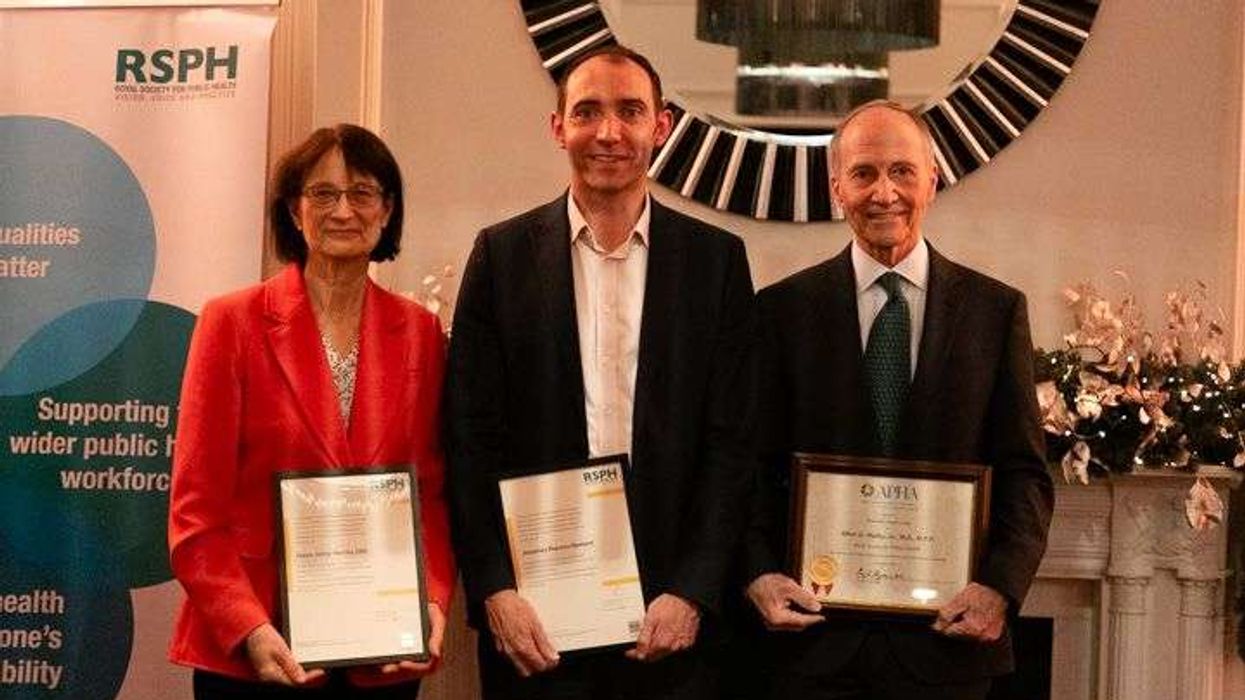The Food Standards Agency (FSA) has asked CBD businesses to get their products registered by 31 March 2021 or risk being pulled.
After the deadline, only products which have submitted a valid novel food authorisation application will be allowed to remain on the market.
The agency today also released its first CBD safety advice for consumers.
The FSA advises those who are pregnant, breastfeeding or taking any medication not to consume CBD products. Unless under medical direction, even healthy adults should take no more than 70mg a day, which equates to about 28 drops of five per cent strength CBD.
Emily Miles, Chief Executive of the FSA, said: “We are advising that CBD could be risky for vulnerable groups, and suggesting an upper limit of 70mg a day for everyone else taking the product.
“The actions that we’re taking today are a pragmatic and proportionate step in balancing the protection of public health with consumer choice. It’s now up to industry to supply this information so that the public can be reassured that CBD is safe and what it says it is.”
The FSA said this new precautionary advice was based on recent findings by the government’s Committee on Toxicity (CoT).
Professor Alan Boobis, CoT Chair, said: “My committee has reviewed the evidence on CBD food products and found evidence there are potential adverse health effects from the consumption of these products. We are particularly concerned about pregnant or breast-feeding women and people on medication.
“We don’t know enough to be sure about such a risk but I am pleased with the sensible and pragmatic approach the FSA is taking. The committee will continue to keep these products under review in the months ahead.”
Meanwhile, the Association for the Cannabinoid Industry (ACI) has welcomed FSA’s new regulatory and precautionary advice.
It said: “We believe it establishes a clear trajectory towards the development of a safe and legally compliant CBD industry in the UK.
“Today’s update will be welcomed by consumers, the industry, and retailers alike. It will generate significant levels of industry investment in research and product quality which will place the sector on a sustainable path.
“Over the past five years the UK CBD market has grown rapidly; today over 1.6 million people consider themselves to be regular consumers. The sector employs thousands of people in hundreds of businesses all across the country. Until now, it had grown in the shadows of the necessary regulation any such industry requires, perpetuating a lack of consumer confidence and business confusion.
“The whole industry is now on notice and we are confident it will respond with urgency to the new clarity the FSA have provided. The foundation goal of the ACI is to facilitate the creation of an ethical, high-quality and innovative cannabidiol industry in the UK. With the publication of this new guidance, we are emboldened in this mission. We will now intensify our work with the FSA, trading standards other Government departments to make this a reality.”
The FSA’s deadline means that in order to be allowed to remain on the market, businesses will need to submit valid novel food authorisation applications by of end of March next year. The authorisation process will ensure novel foods meet legal standards, including on safety and content.
In the meantime, businesses may be able to sell their existing CBD products provided they are not incorrectly labelled, are not unsafe to eat and do not contain substances that fall under drugs legislation.
Reacting to the new guidelines for the CBD industry, Sarah Ellson, a regulatory partner specialising in life sciences at European law firm Fieldfisher, said: "This issue is further complicated as it requires many products that are already on the market to seek retrospective approval – something which is proving difficult to enforce."
However, she added: "While this may be frustrating, it should be remembered that the rules are set in the interests of public safety, and that attempting to sidestep or antagonise regulators could have serious consequences for individuals, companies and the CBD industry as a whole.
For new and would-be market entrants to the novel foods arena, there are however issues which need to be addressed around the lack of available data on CBD, inadequate testing infrastructure and a lack of standardisation across the industry."











